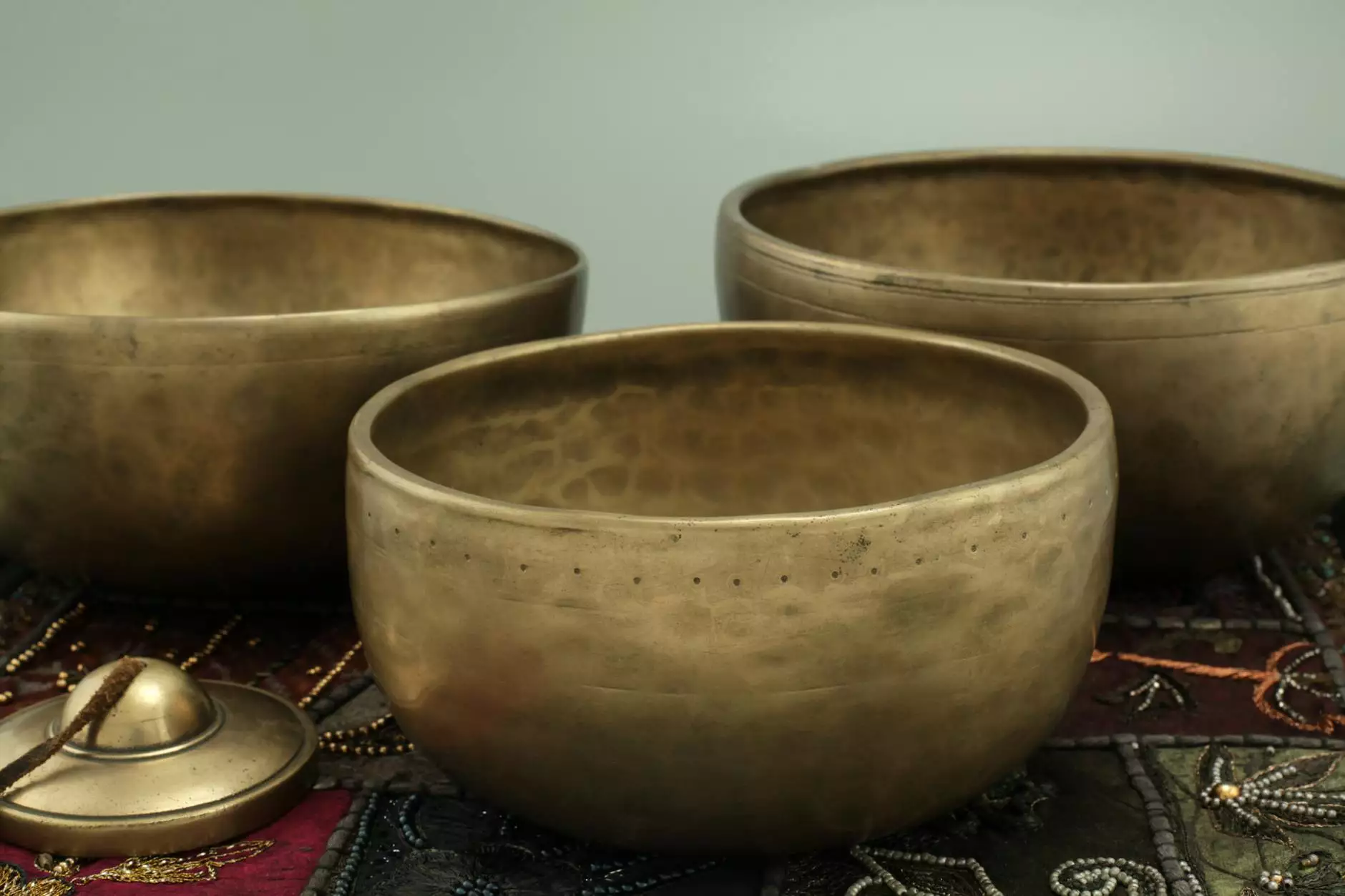Quality Plastic Surgery Instruments: The Essential Guide for Medical Professionals

Understanding the Importance of Quality Plastic Surgery Instruments
In the field of plastic surgery, the precision and quality of instruments cannot be overstated. High-quality surgical tools are vital for achieving the desired results, minimizing complications, and enhancing patient satisfaction. Surgical professionals must understand that the success of a procedure often relies on the tools at their disposal. Therefore, investing in quality plastic surgery instruments is not just necessary but essential.
The Role of Quality Surgical Instruments in Patient Outcomes
The outcomes of surgical procedures are heavily influenced by the type and quality of instruments used. Here are several reasons why the right instruments lead to better patient outcomes:
- Enhanced Precision: Quality instruments enable surgeons to perform delicate maneuvers with precision, which is crucial in minimizing trauma to surrounding tissues.
- Reduced Risk of Complications: Well-designed instruments minimize the risk of complications, such as bleeding or infection, which can occur with poorly made tools.
- Improved Recovery Times: Patients benefit from quicker recovery times when procedures are performed with top-tier instruments, leading to less postoperative discomfort.
- Increased Surgical Efficiency: High-quality instruments facilitate smoother operations, allowing surgeons to complete procedures more efficiently.
Key Features of Quality Plastic Surgery Instruments
To understand what constitutes quality plastic surgery instruments, one must look at several critical features:
- Material Quality: Instruments made from high-grade stainless steel or titanium exhibit superior durability and resistance to corrosion.
- Ergonomic Design: Instruments that are designed to fit comfortably in the surgeon’s hand reduce fatigue during lengthy procedures.
- Precision Engineering: Instruments that are manufactured to exacting specifications ensure consistent performance and reliability.
- Autoclavability: Quality instruments should be able to withstand sterilization processes without degrading over time.
Types of Quality Plastic Surgery Instruments
The field of plastic surgery encompasses a wide range of procedures, each requiring different types of instruments. Below is a comprehensive list of essential instruments used in plastic surgery:
1. Scalpels and Knives
These are fundamental tools for making incisions. Quality scalpels have ultra-sharp blades that provide clean cuts, reducing trauma to the tissues.
2. Scissors
Surgical scissors come in various shapes and sizes, including:
- Metzenbaum Scissors: Great for cutting delicate tissues.
- Maryland Dissecting Scissors: Ideal for dissection and cutting in confined spaces.
- Bandage Scissors: Used to cut dressings and tapes.
3. Forceps
Forceps are invaluable for grasping tissues. Different types include:
- Adson Forceps: For handling delicate tissues.
- Kelly Forceps: Used for clamping blood vessels.
- Debakey Forceps: Excellent for atraumatic grasping of tissues.
4. Clamps
Clamps are used to occlude blood vessels or tissues. Examples include:
- Hemostatic Clamps: To stop bleeding during surgery.
- Bone Clamps: Used in orthopedic plastic surgery procedures.
5. Sutures and Needle Holders
Quality sutures are crucial for wound closure, and needle holders must provide a firm grip to allow for precise suturing.
Choosing the Right Supplier for Quality Plastic Surgery Instruments
Finding a reputable supplier for quality plastic surgery instruments is critical to ensure that your practice is equipped with the best tools. Here are a few tips to consider:
- Research and Reviews: Always check online reviews and testimonials from fellow medical professionals.
- Certifications: Ensure the supplier’s instruments are certified for medical use and meet industry standards.
- Product Range: Look for suppliers that offer a comprehensive range of instruments to suit various surgical needs.
- Warranty and Support: A good supplier should offer warranties on their products and responsive customer support.
The Investment in Quality Instruments
While the initial cost of quality plastic surgery instruments may be higher than inferior options, the long-term benefits and savings justify this investment. High-quality instruments tend to last longer, require less frequent replacement, and significantly reduce complication rates, leading to better patient care overall.
Innovations in Plastic Surgery Instrumentation
The field of plastic surgery is continuously evolving, and so are the instruments used. Advancements like robotic-assisted surgical instruments and enhanced imaging tools are changing the landscape of surgical procedures, increasing precision, and improving outcomes.
Conclusion
Investing in quality plastic surgery instruments is an investment in patient safety, surgical efficacy, and the overall success of medical practices. With the right tools, surgeons can perform their best work, leading to optimal outcomes and enhanced patient satisfaction. Prioritizing quality instruments is essential for any medical professional dedicated to excellence in the field of plastic surgery. For quality plastic surgery instruments that meet the highest standards, explore options available at new-medinstruments.com.









